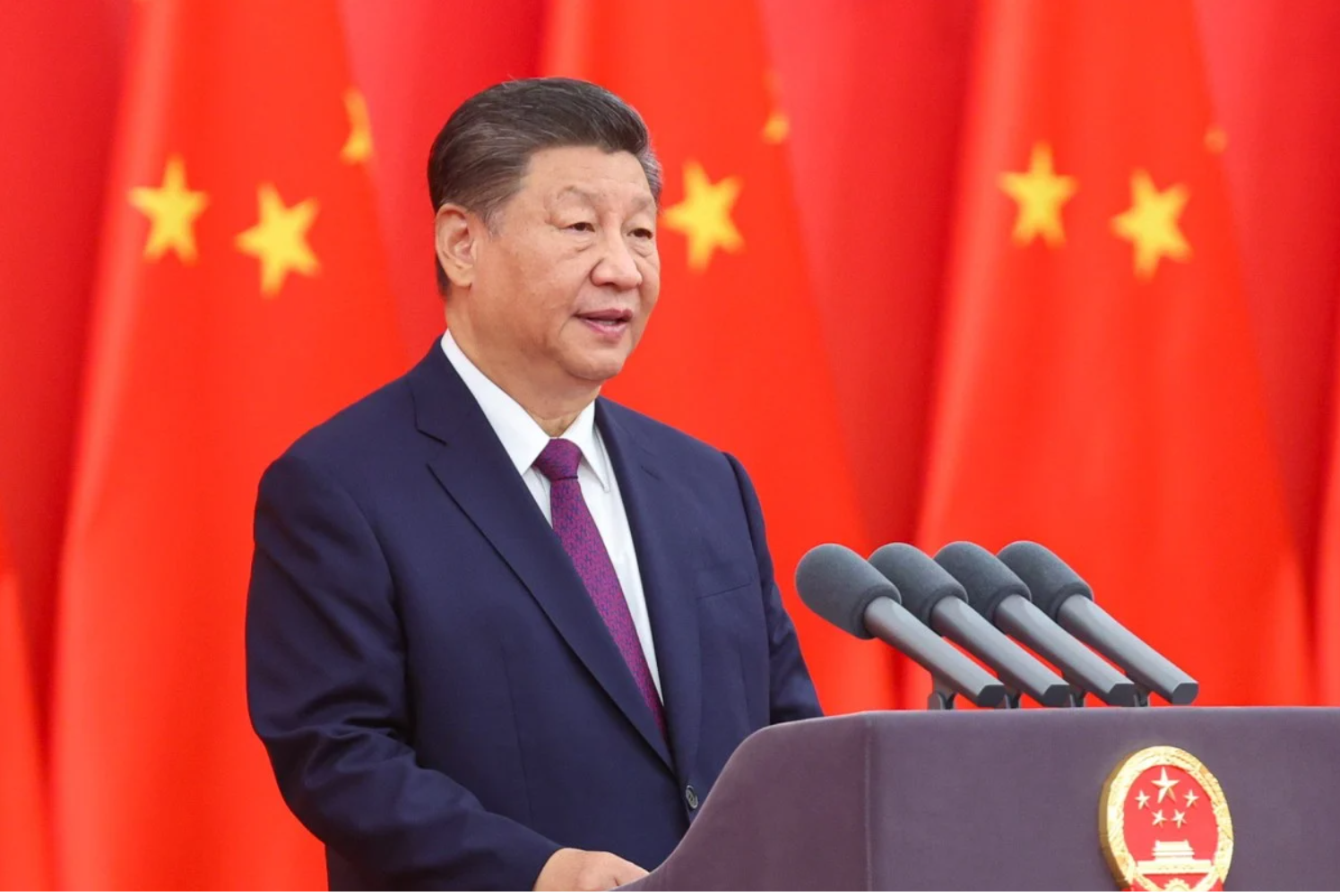Home » China-Taiwan tensions likely to increase prior to US inauguration
China-Taiwan tensions likely to increase prior to US inauguration

The likelihood of China taking decisive action against Taiwan is increasing as the January 20, 2025, inauguration of U.S. President Donald Trump approaches.
China’s poses its objective of reclaiming Taiwan as not a question of “if” but “when.” Over the past decade, China has engaged in the fastest military expansion in its history, specifically aimed at enabling an invasion of Taiwan and countering U.S. influence in the Indo-Pacific. With a faltering economy and the health challenges of an aging leader, it appears that Xi Jinping understands his window of opportunity is narrowing as domestic and international factors increasingly work against him. Xi may perceive a strategic advantage in launching a surprise attack on Taiwan, or serious military actions, before the new U.S. administration assumes power. From his perspective, even an unsuccessful operation could consolidate his domestic authority and reinforce his control over China.
Several indicators point to heightened risks. Former Taiwanese President Ma Ying-jeou’s high-profile visit to China, during which he is touring multiple regions, carries significant political symbolism. Ma, whose Kuomintang (KMT) party is Taiwan’s largest opposition group, is viewed by many as a collaborator with Beijing. His visit signals an unusual alignment that could be exploited by China. Additionally, the Chinese military has intensified its presence in the Taiwan Strait through regular exercises and increasing force projections. The recent chaos in Taiwan’s Legislative Assembly, marked by political infighting and opposition-led bills that have paralyzed the current administration, further exposes Taiwan’s internal vulnerabilities. This environment presents Beijing with an opportunity to divide and conquer if it chooses to act.
In the short term, closely monitor political developments in both China and Taiwan as January 20, 2025, approaches. Indicators such as escalating political turmoil in Taiwan or the declaration of martial law could signal an imminent Chinese operation. If Beijing decides to act, it would likely employ a multi-faceted campaign using psychological, cyber, military, and internal disruption tactics to swiftly dismantle Taiwan’s defenses. The outcome of such an operation would be highly uncertain, with Taiwan’s determination to resist playing a pivotal role. Additionally, a conflict of this scale would likely trigger a global financial crisis and severe disruptions to the global supply chain, amplifying the geopolitical and economic chaos. In the medium term, China is unlikely to invade Taiwan during Trump’s administration unless Xi feels his authority is significantly threatened, compelling him to wage war to divert attention and reconsolidate power. In the long term, China’s ambition to reunify Taiwan remains unchanged. While a military conflict over Taiwan appears increasingly inevitable, its timing and outcome will hinge on the preparedness and internal dynamics of both sides.
Tiger Zheng is a recent graduate from JHU-SAIS and a Research Analyst at Foreign Brief, specializing in geopolitical events across Asia and China with a focus on international security, diplomatic affairs, and economic developments.

